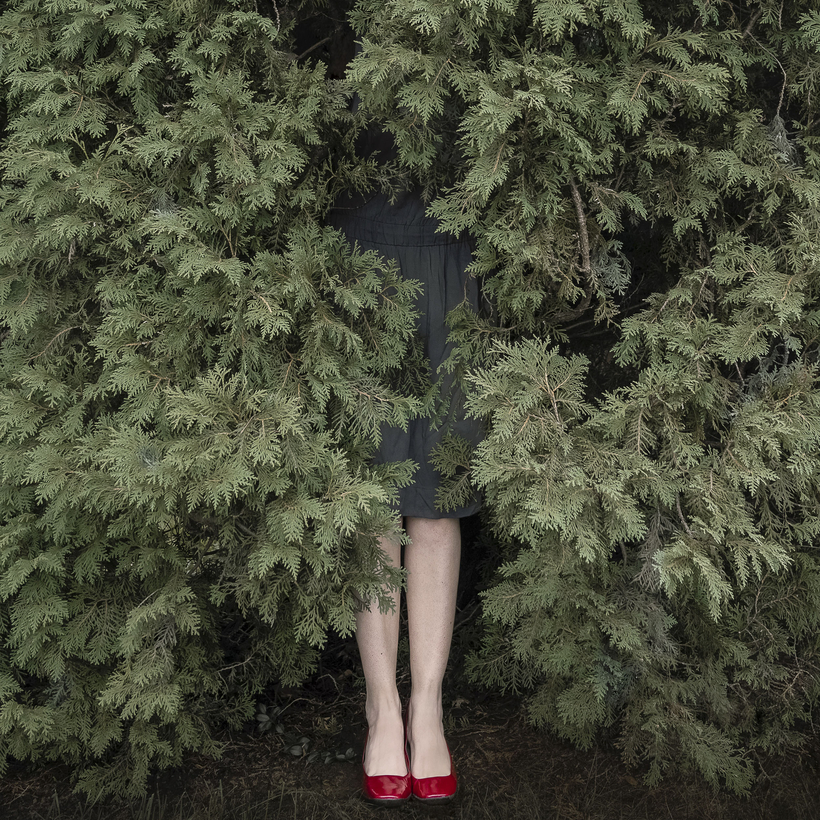After Risa Mickenberg identified herself as a hermette, a female hermit, proudly retreating from the world while living in the heart of New York City, she got a lot of e-mails.
It seemed to defeat the point of the exercise. “Getting publicity for this is such a ridiculous thing,” she said. It was also tricky to lead a movement of people who want to be by themselves. But she believed in countering a social stigma that made women feel uncomfortable about being alone.
Mickenberg, 55, a playwright and film director, proposed to correct this with a glossy publication, Hermette Magazine, “a lifestyle magazine for aspiring lady hermits” which would do for hermettes what World of Interiors does for artful wallpaper, making it “something that’s the dream that people have, instead of being something to be afraid of,” she said. “Being alone is a wonderful thing.”

Mickenberg first came out as a hermette three years ago, before a gathering of like-minded New Yorkers. “There is a hermette inside of all of us, waiting to stay in,” she declared. Hermettes would practice DEY, a variation on DIY, which stood for “Do Everything Yourself,” she said. She suggested the adoption of vows, to never marry or have children. They would think of fashion “as an avoidance technique. Would a cloak of invisibility be your go-to garment?”
“Yes!” shouted a lady in the audience.
She advised her disciples to “have big ideas” and work on grand projects and “keep them to yourself,” unless they wished to share them in the pages of her magazine.
“It began, really as a lark,” she said. But she liked “the idea of this movement and having it be a fun and in a way an absurd thing to do, to have a community of people who want to be alone.”
In 2020 she conceived of a hermette accessory: a mobile phone made of wood, that would not connect you with anybody. Mobile phones are “basically fashion items that people need to keep themselves company,” she said. A musician friend, no longer performing because of the pandemic, had “started making wooden spoons,” and swiftly turned out a piece of wood shaped like a smartphone.
These proved unexpectedly popular, and several other artists got involved in their production. Going out with a wooden phone, instead of, for instance, an iPhone, “changes my entire experience for the day,” she said. “Phones are so popular because people feel like they can be alone, counter-intuitively it lets them be alone.” Having a wooden one was an absurdity that “points out the absurdity of the other thing,” she said. “If people stopped using their phones and started using wooden phones it would have a huge effect on the world.”
The other piece of hermette merchandise is a cloak-like garment called a djoodie, which is “very 4000 B.C.” It can be worn in any season and could allow wearers “to pare your closet down to just one item,” she said.
In 2020 she conceived of a hermette accessory: a mobile phone made of wood, that would not connect you with anybody.
The phones, which start at $25, and the djoodies, which go for $350, are offered for sale on her Web site, though hermettes will soon be able to purchase them in person. “We are going to do a pop-up store, a hermette pop-up store,” she said.

Mickenberg argued that New York was the perfect place for the modern hermette, although the group now has more than 30 members all over the world, from Scotland, Germany, Mexico, Greece, and India.
Historically, and in the pages of Le Morte D’Arthur, hermits, who are usually male, are found deep in verdant forests, or on the tops of mountains. But mountaintops are terribly crowded these days. “Have you seen the pictures of Everest?” she said. “You are never really alone so you have to find a way to be apart from people while being with them.” New York, in her mind, is the ideal spot for this, offering solitude among a multitude. “I know someone who said his ideal situation is to be at a party reading a book,” she said. This was what the city offered. “In New York you can be alone together,” she said.
Susan Hwang, 49, a musician who lives in New York’s East Village, said Mickenberg described “something I have been living.” “But the way she is framing everything, it’s like: ‘Oh my God, it sounds cool,’” she said. “Since Risa coined ‘Hermette’, it’s creating this glamour and mystique around introversion.”
New York, traditionally, has been a place people moved to “to be anonymous,” she said. “And there’s a special place for weirdos in this city, and a special place for single older women. You see them, women who look frail in their physical bodies, and yet you know they’re tough, because you see them climbing the subway stairs through the New York winters, and they’ve lived on the fifth floor of the same walk-up for 30 years.” Some might be dressed entirely in lime green, or with “too much eye shadow in the fashion of their day,” she said. “I think they’re what I’ve been secretly aspiring to be all this time … And I always thought I didn’t have any life goals.”
Will Pavia is the New York correspondent for The Times of London

